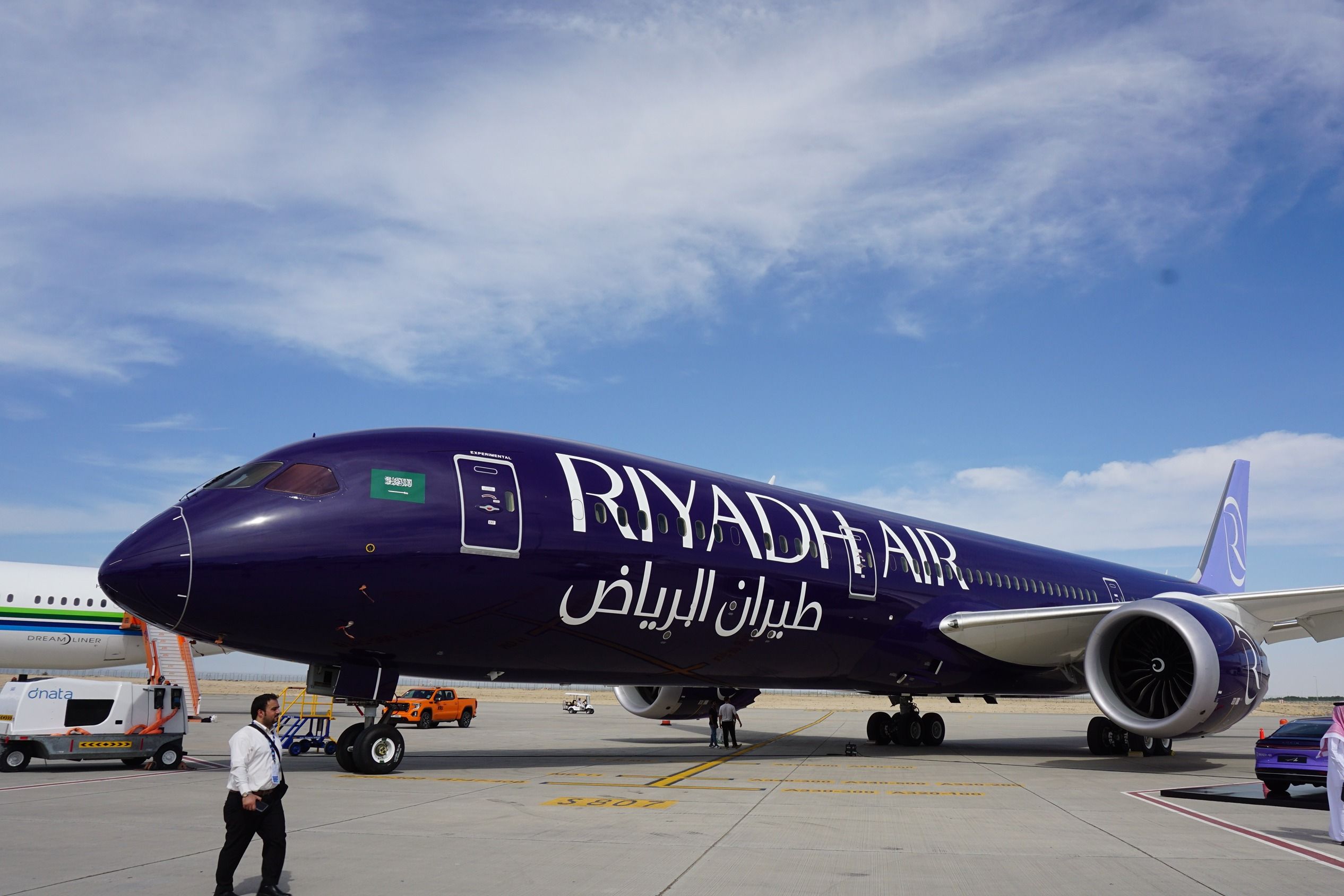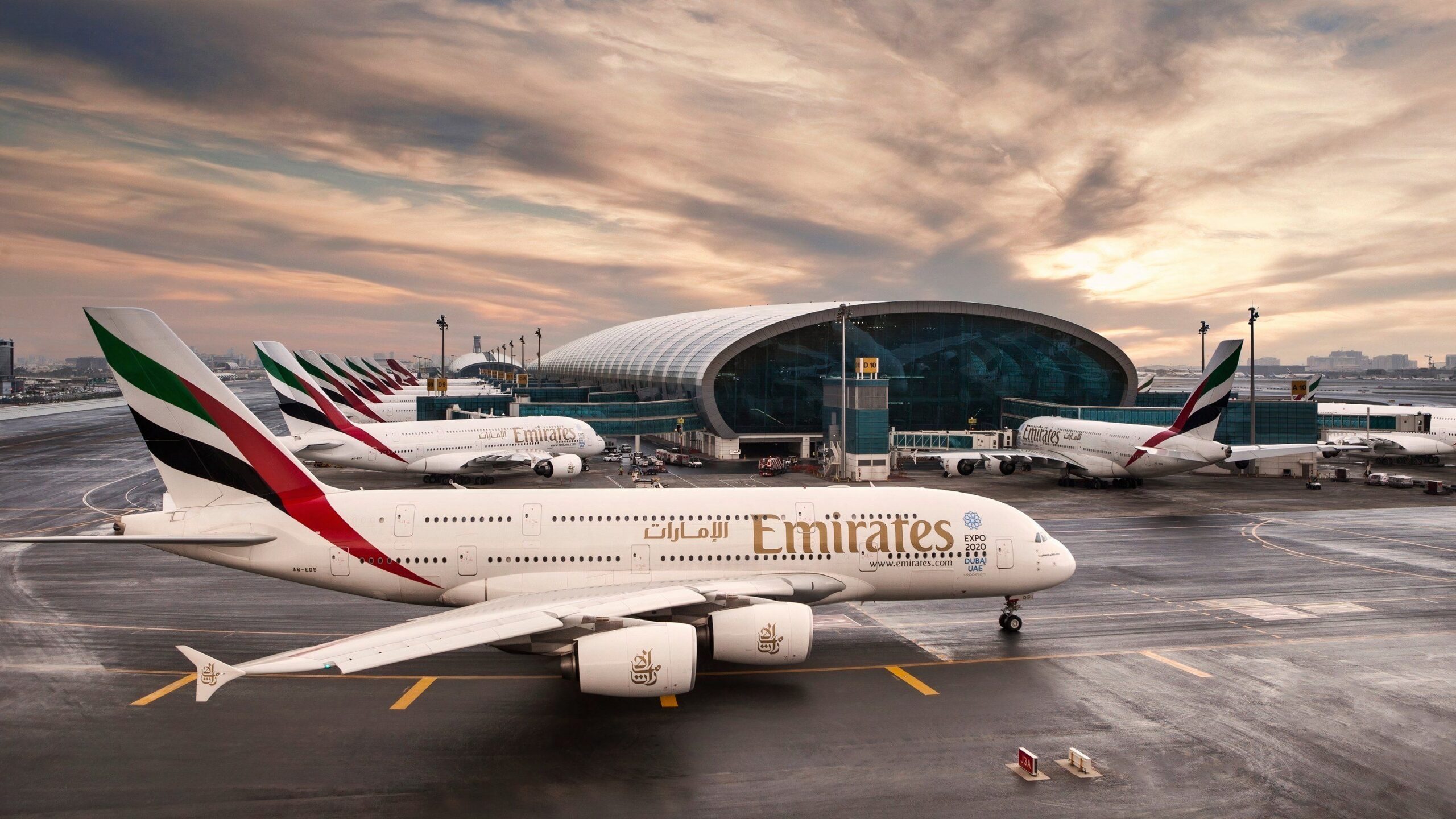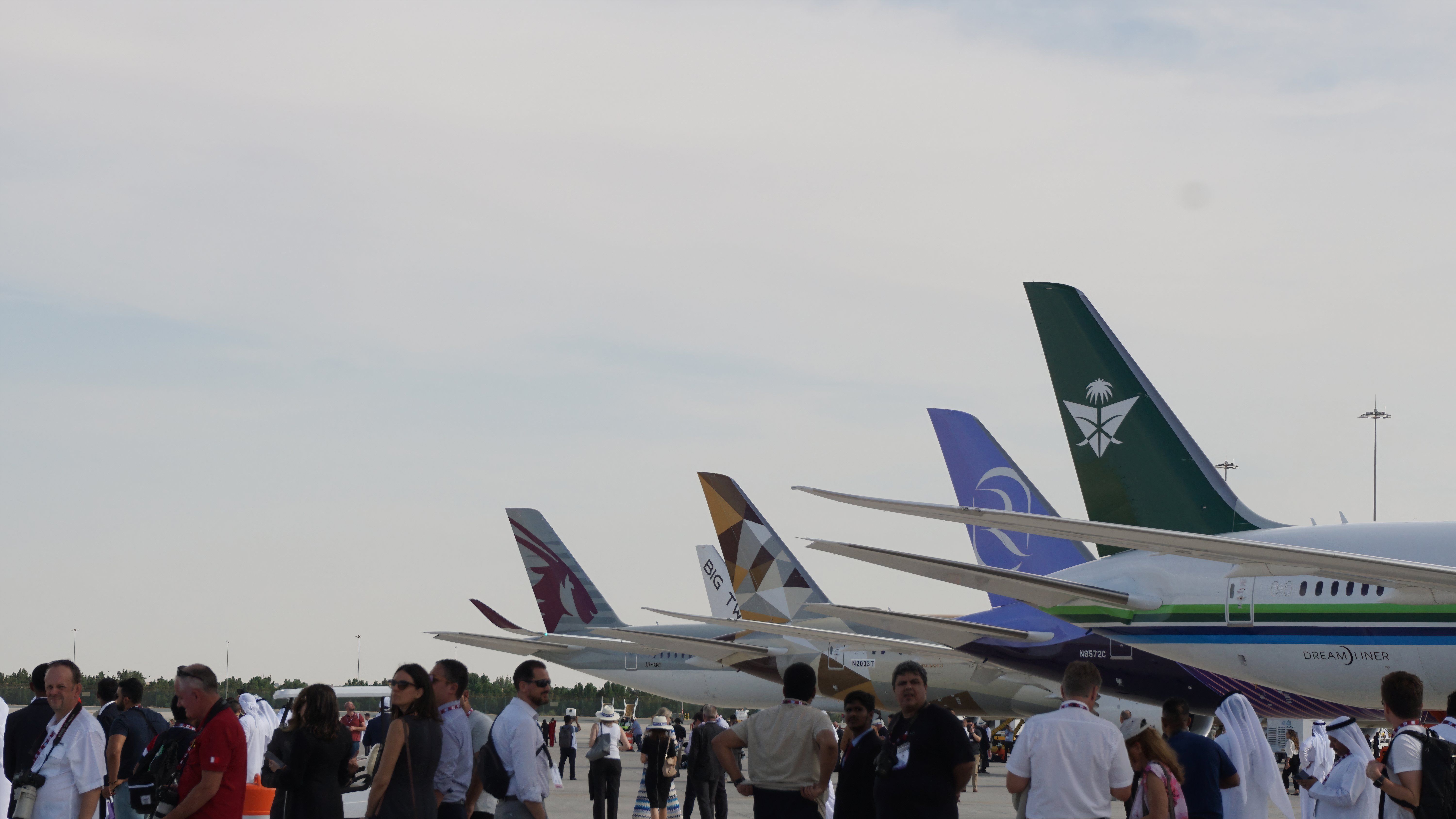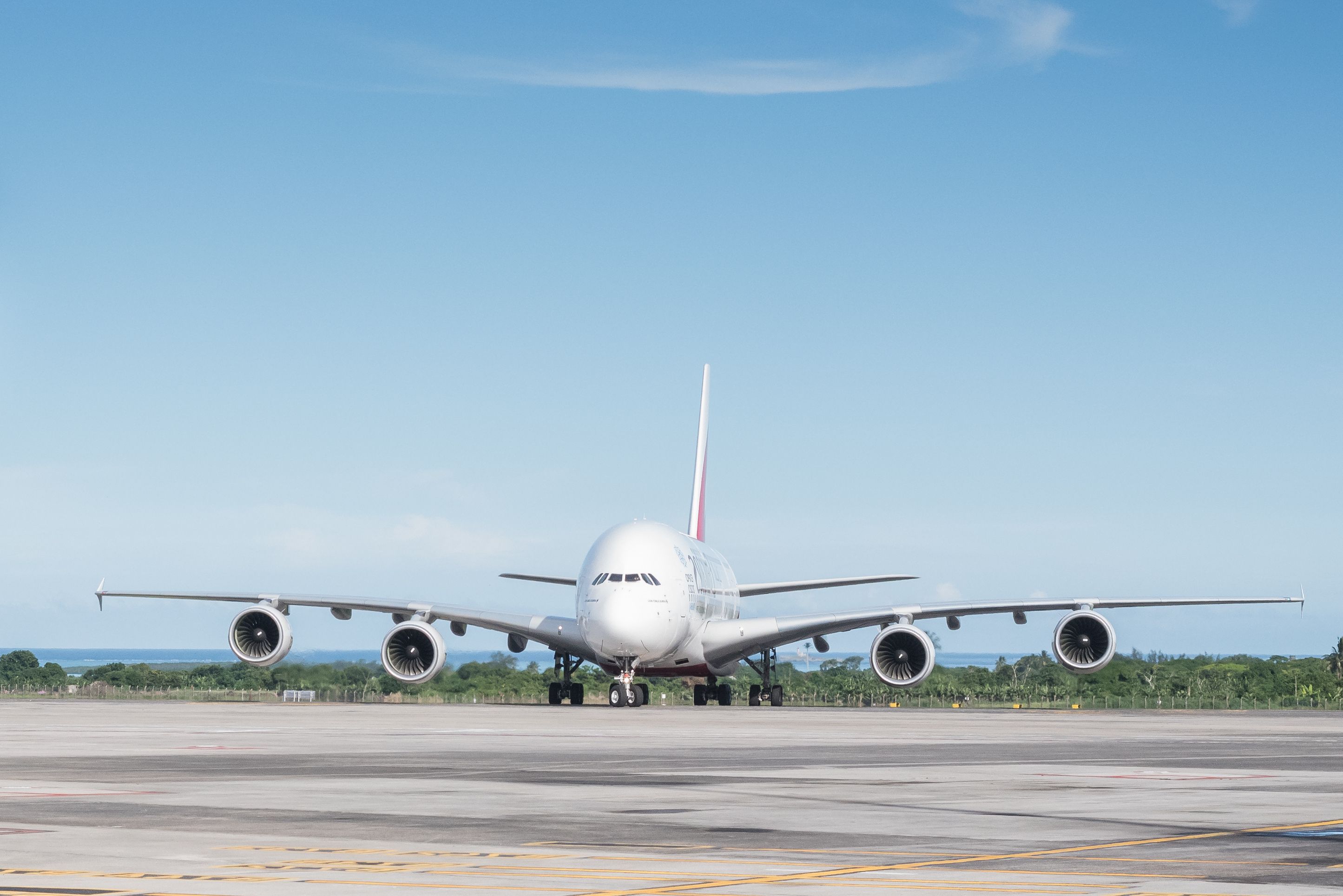Summary
- Despite the regional competition, Emirates’ President remains optimistic about continued growth in the aviation industry.
- Sustainability is a key challenge for airlines, with Emirates investing in research and expanding the use of Sustainable Aviation Fuel.
- Lack of connectivity in Africa poses unique challenges to the aviation industry, with potential for growth through open skies agreements.
As airlines in the Middle East continue to grow, Emirates President Sir Tim Clark says that the airline is not afraid of new competition as it’s been around for nearly four decades and as the global air transport industry is forecasted to continue growing in the coming years.
Growth of the aviation industry
The Middle East has been one of the world’s fastest-growing markets, with leading airlines continuing to enhance their services and increase competition in the region. Despite this, the Emirates President maintains that the airline is not afraid of new competition, as he sees real growth in the UAE and surrounding areas despite the troubles faced in the industry. Responding to questions at the 80th IATA Annual General Meeting (AGM) in Dubai, Sir Tim Clark said,
“We have about 4.5 billion passengers traveling in the year, and it’s still forecasted to double in ten years. So if you look at the amount of money that has been invested in this part of the world, like what is going on in Saudi Arabia, the UAE, Dubai, and other parts of the world, there is real growth, despite the troubled world we live in.”
Photo: Aerospace Trek | Shutterstock
Sir Tim Clark has been with Emirates since its founding in 1985, later becoming its president in 2003. He has played a monumental role in transforming Emirates into the leading global carrier it is today. Since then, a number of new airlines, including low-cost carriers, have emerged in the Middle East. Last year, Saudi Arabia announced the launch of a new national airline, Riyadh Air, which is expected to launch operations in 2025 and serve over 100 destinations by 2030.

Related
Riyadh Air’s 1st Uniforms By Ashi Will Launch On The Runway At Paris Couture Week
Riyadh Air’s crew uniform will follow its bold dual-livery design.
Additionally, Sir Tim Clark noted that demand will continue growing, but the biggest single challenge airlines are facing is sustainability. Over the years, Emirates has invested millions in sustainability research and recently expanded Sustainable Aviation Fuel (SAF) opportunities by adding London Heathrow Airport to the destinations where it operates flights using SAF.
The lack of connectivity in Africa
Emirates is one of the leading international carriers between the Middle East and Africa, with over 200 weekly flights to 20 destinations. Despite being home to over 18% of the global population, Africa only contributes about 2.1% of passenger traffic. The International Air Transport Association (IATA) recognizes Africa as a region with immense potential. However, it faces several unique challenges, including the lack of connectivity.
Photo: S. Bonaime | Shutterstock
As Sir Tim Clark highlighted, the African air transport industry is severely impacted by the lack of political harmony among governments. Fewer restrictions on air travel and open skies agreements could help unlock the potential of African aviation. According to AFCAC, 37 African states have signed up for the Single African Air Transport Market (SAATM). This initiative aims to liberalize the African aviation industry but is yet to be fully implemented.
About ten years ago, Emirates was referred to as the national carrier of Africa as it provided easier access to various African destinations via Dubai International Airport (DXB). Today, it remains easier to travel between certain parts of the continent via airports in the Middle East and Europe. However, Emirates sees the potential for growth in various markets.
What are your thoughts on this story? Please let us know in the comments!



